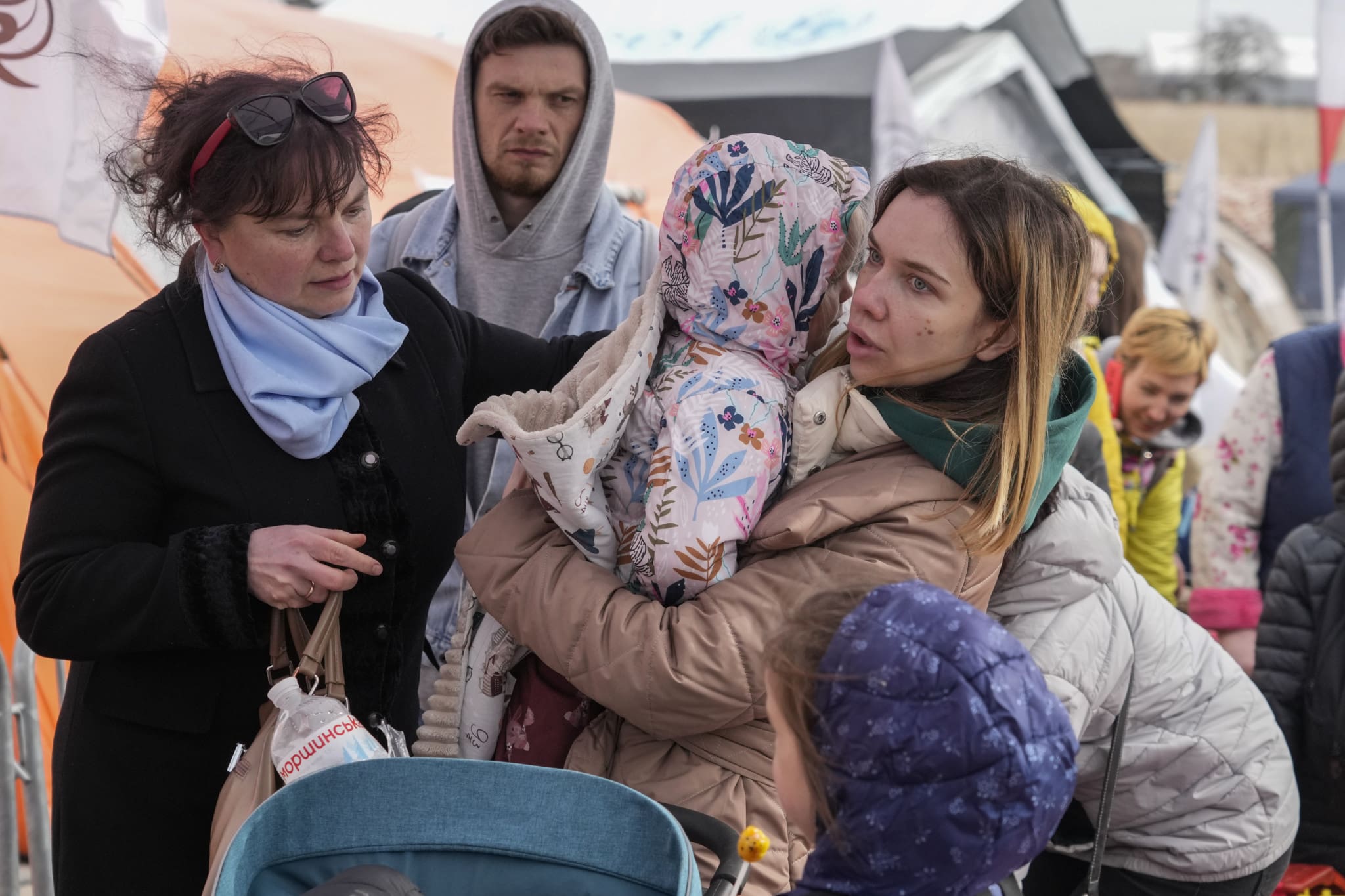With empty towns and villages, families torn apart, soldiers on the frontline with wives and children abroad who will never return, and birth rates at a record low, Ukraine’s demographic picture is imploding, Italian daily Corriere della Sera reports.
“The population collapse will soon cause very serious economic and social problems. Putin may lose the war, but he could still win the challenge for the future of a stable and independent Ukraine,” the Italian newspaper writes, citing a variety of experts.
The issue is not being addressed by the government either, as it is clear they are unsure what to do about it while fighting Russia has taken precedence over everything else.
“When the house burns, first you have to put out the fire, and only later will you think about what furniture to buy,” Ukrainian government officials said in response to the crisis.
Corriere della Sera, however, argues that the issue should indeed take precedence, as the entire future of the country is at stake. The paper says the demographic collapse goes all the way back to the time of independence in 1991, after the collapse of the Soviet Union. At that time, Ukraine’s population stood at 52 million. By 2001, it had dropped to 48.5 million, and right before the invasion, it stood at only 42 million, a fall of 10 million since 1991.
“These figures are consistent with population declines in all former Soviet republics, but the biggest blow came in the opening weeks of the war, which caused women and children to flee abroad en masse, given that the government had immediately banned the departures of men between the ages of 18 and 65. And today, the resident population is estimated at between 28 and 31 million,” writes the Italian newspaper.
“From 52 million to less than 30 in three decades: a very serious loss for the country, undermining its chances of reconstruction after the end of the war, penalizing economic normalization, and drowning the pension system,” says Alexander Demenchuk, rector of the Faculty of Political Science in Kyiv.
“There is a lack of children, therefore a lack of future. Young women from the upper middle classes with excellent rates of schooling have left. And what is even more serious is that well over half of them do not intend to return to Ukraine. The children study in German, Polish, Austrian, French or Dutch schools. The mothers immediately found jobs,” writes the paper, adding: “We initially thought the European reception policy (for Ukrainian refugees) was a miracle of generosity, but it has turned out to be a curse.”
According to Ella Libanova, a respected demographer at the National Academy of Sciences, all of this affects the fertility rate, which has plummeted to 0.7 percent, one of the lowest in the world.
All urban centers located near Donbass are semi-deserted; only the elderly, sick and poor remain. But the problem is national.
“Most of my best employees quickly found employment in Poland and France. Our industries are not working, there is a lack of market. None of them will return,” says Sergei, an entrepreneur in the IT field with offices scattered across the country.
Ukrainian soldiers abandoned by their wives
He also tells the stories of soldiers abandoned by their wives to couple with men from other European nations.
“My wife with our two children aged 5 and 7 had left for Germany in the first days of the war. Since then, we were in contact less and less. And now I’ve discovered that she’s found a new companion,” said 40-year-old Alexei to Italian journalists. Despite the man fighting for his country near Bakhmut, he was abandoned for another man.
Julia Komar, a psychologist who treats family conflict, said that the divorce rate is only set to increase due to the war.
“The conflict will increase the divorce rate. Women leave men, but even soldiers sometimes find new companions,” she said






